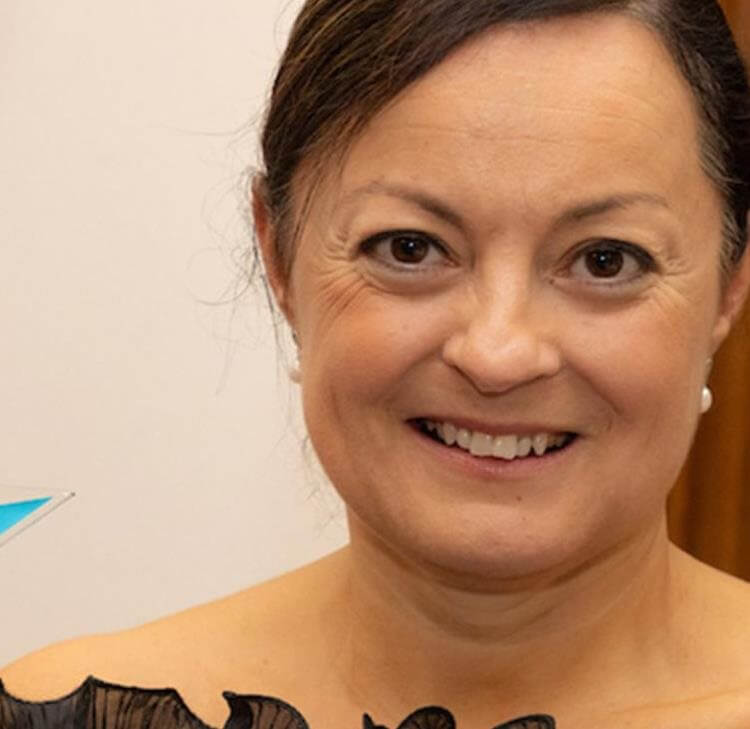As experts in civil procedure, our barristers advise and represent clients in the County Court and High Court in litigation. We bring deep technical know-how of the Civil Procedure Rules, applied across a wide variety of legal specialisms. We’re able to provide a combination of ad hoc, pragmatic advice to a full-service representation through the lifetime of your litigation.
We’re known for bringing confidence and capability in civil procedure - skills we consider essential prerequisites for all of our barristers. Across the team each individual barrister draws on their own experience in areas which affect both our public and private sector clients.
In court, our advocates are robust and practical; as confident before a High Court Judge on a multi-day discrimination trial as before a Deputy District Judge in the County Court doing costs management.
Our collaborative team acts as advisors and a sounding board to our solicitor colleagues, providing specialist advocacy services whilst complementing the services provided by the self-employed Bar, across a multitude of areas of litigation. These include personal injury, professional and clinical negligence, road traffic, highways, debt recovery, housing and discrimination work.
What sets us apart from other firms and chambers, however, is the integrated nature of our civil litigation teams. Our ambitious barristers have access to our case and file management systems, enabling them to avoid the duplication of work which may otherwise come from instructing counsel.
Key contacts

Ben Bentley
Barrister (Partner)

Luke Berry
Barrister (Legal Director)

Charlotte Watts
Barrister (Senior Associate)
You may be interested in...
Legal Update
The importance of empathetic language in historical abuse claims
On-Demand
Online pupillage open evening
On-Demand - Care Focus webinar series
Care Focus: Critical incident - Reflection
On-Demand - Care Focus webinar series
Care Focus: Critical incidents and managing risks
Published Article
Anonymity injunctions for clinicians
On-Demand - Care Focus webinar series
Care Focus: Critical incident inquests
Press Release
Browne Jacobson appoints first in-house pupil barrister in Wales
On-Demand - Care Focus webinar series
Care Focus: Regulatory and employment
On-Demand - Care Focus webinar series
Care Focus: Critical incident response and criminal investigations
On-Demand - Care Focus webinar series
Care Focus: The crucial first 48 hours
On-Demand
Pupillage open evening
Press Release - Firm news
Legal pioneer clinches top honour: Browne Jacobson partner named Employed Barrister of the Year
Press Release - Firm news
Browne Jacobson's Fiona Butler shortlisted for Employed Bar Award
Legal Update - Economic Crime and Corporate Transparency Act
Economic Crime and Corporate Transparency Act 2023 – impact of changes implemented on 4 March 2024
Legal Update
Changes to the fixed recoverable costs regime
Opinion
School attendance matters
Press Release - Firm news
Browne Jacobson launches free job simulator to give aspiring barristers a taste of life in legal profession
Legal Update
UK falls to lowest position for corruption – so what’s going wrong?
Opinion
Should problem-solving housing courts be piloted?
Press Release
Browne Jacobson announces appointment of Barrister to its Cardiff office
Legal Update
High Court dismisses Welsh RSE right to withdraw claim
Press Release - #BeingBrowneJacobson
Raising the Bar with Browne Jacobson
Legal Update
The Civil Justice Council’s (CJC) proposed reforms to the Pre-Action Protocols (PAPs) and the possible mandatory ADR gateway. What could this mean for your case?
In November 2021, The Civil Justice Council’s published its interim report on proposed changes to the current Pre-Action Protocols, which included a mandatory Alternative Dispute Resolution (ADR) gateway. In this article, we look at proposed reforms and consider what this could mean for your case.
Opinion
Revisions to the Highway Code and potential impact on civil liability
The Highway Code has had its first major revision since 2007. Amongst several changes, a new hierarchy has been created, with road users who are most likely to cause harm having the greatest responsibility to reduce the threat they may pose to other road users (rule 204 of the Code).
Opinion
Civil remedies trump POCA recovery in landmark decision
The decision in Crown Prosecution Service v Aquila Advisory Limited provides welcome clarification on the interplay between POCA and common law recovery. It seems companies may still be subject to the POCA regime and stripped of a potential windfall which the CPS did not avail themselves of in this case.
Legal Update
Civil claims in schools
Civil claims are an ongoing area of concern for schools, with the potential for financial and reputational implications. Here at Browne Jacobson we assist both maintained schools and academies in dealing with the full range of civil claims that schools face.
Legal Update
Advocacy in Action: Female Genital Mutilation Protection Orders (FGMPO)
Legal Update
Advocacy in Action: school places during a national pandemic
In this second Advocacy in Action update, we consider the issue of claims arising from school placements during Covid-19 lockdown.
Opinion
Digitisation of Civil Claims and the Online Court - Is Covid-19 set to accelerate the reforms?
In 2016, Lord Justice Briggs set out his proposals for restructuring the civil courts and tribunals in England and Wales. The vision for modernising court services and creating the “Online Court” has seen the introduction of online platforms for civil claims in recent years but progress has been described as slow.
On-Demand - Shared Insights
Shared Insights: Dealing with protesters on NHS premises
Legal Update
Advocacy in Action: Inquests, suicide and self-harm
The Browne Jacobson team of barristers are celebrating their 10th anniversary in December 202 and will be reflecting on their experience at hearings before Courts and Tribunals nationwide to identify key issues and lessons for schools and education providers.
Opinion
Landlord and tenant inspections - getting the evidence right
In Rogerson v Bolsover District Council (2019) the Court of Appeal found against a local authority landlord pursuant to the Defective Premises Act 1972 following a finding of an inadequate inspection regime.
Legal Update
London Borough of Southwark and another v Transport for London - Supreme Court decision
Back in 2017 we wrote about the case of London Borough of Southwark and the City of London v Transport for London [2017] EWCA CIV 1220 that had just been heard in the Court of Appeal.
Legal Update
When the accused can't stand trial?
What happens when an accused cannot stand trial in criminal investigations? There are many situations whereby after a criminal investigation has started, an accused individual can no longer stand trial.























